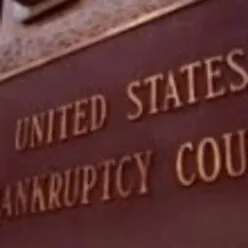(a) The trustee shall have, as of the commencement of the case, and without regard to any knowledge of the trustee or of any creditor, the rights and powers of, or may avoid any transfer of property of the debtor or any obligation incurred by the debtor that is voidable by—
(1) a creditor that extends credit to the debtor at the time of the commencement of the case, and that obtains, at such time and with respect to such credit, a judicial lien on all property on which a creditor on a simple contract could have obtained such a judicial lien, whether or not such a creditor exists;
(2) a creditor that extends credit to the debtor at the time of the commencement of the case, and obtains, at such time and with respect to such credit, an execution against the debtor that is returned unsatisfied at such time, whether or not such a creditor exists; or
(3) a bona fide purchaser of real property, other than fixtures, from the debtor, against whom applicable law permits such transfer to be perfected, that obtains the status of a bona fide purchaser and has perfected such transfer at the time of the commencement of the case, whether or not such a purchaser exists.
(b)
(1) Except as provided in paragraph (2), the trustee may avoid any transfer of an interest of the debtor in property or any obligation incurred by the debtor that is voidable under applicable law by a creditor holding an unsecured claim that is allowable under section 502 of this title or that is not allowable only under section 502 (e) of this title.
(2) Paragraph (1) shall not apply to a transfer of a charitable contribution (as that term is defined in section 548 (d)(3)) that is not covered under section 548 (a)(1)(B), by reason of section 548 (a)(2). Any claim by any person to recover a transferred contribution described in the preceding sentence under Federal or State law in a Federal or State court shall be preempted by the commencement of the case.
